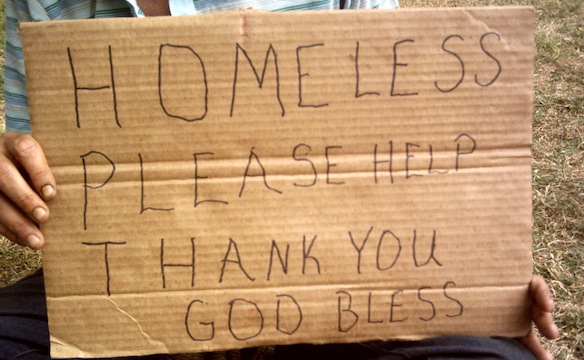In the story of the prodigal son (Luke 15.11-32) we are introduced to a family that has a father and two sons. The youngest son asked his father for his half of the inheritance. Interestingly, the father gave the son what he asked. Soon after that the youngest son decided to leave everything behind and travel. He never asked for advice on where to go, instead he chose to leave by himself and leave everything that he knew behind (except of course the money).
While in this distant country he began to spend all of the inheritance that had been trusted to him. He made decisions that were based on lust and desire, and those decisions were a lot of fun at times and those decisions also brought him into a very dark place. The youngest son squandered his inheritance on shallow relationships and on things that did not last. And then disaster struck ….. there was a famine in the land which caused an economic collapse.
After spending everything that he had he found that those relationships and friendships were so shallow because they were only based on the amount of money he was willing to spend. In verse 14 it says that “he began to be in need”. And then in verse 16 it says: “and no one gave him anything”. All of those shallow relationships ended up turning a blind eye to the man who had squandered everything. Even in the midst of an economic collapse, they still did not help him. So, the youngest son had to do the one thing that was a devastating blow to any Jewish person at the time —– hire himself out to a pig farmer.
By finding himself in need, the son had to do anything to find work, yet there wasn’t any meaningful work for him. The only work that he could find was work that humiliated and embarrassed this man. And while he was working he looked at the pigs and longed to just eat the pig slop that they had to eat.
To put this in perspective in a summary form follow this: the youngest son had plenty of money, he squandered the money on shallow relationships, there was an economic collapse in the country, there wasn’t any meaningful work, and there was food scarcity and food insecurity.
Here in the city of Wilmington we find this story every day. Because Wilmington is such a transient place, we find folks that come here for every reason in the book. Sometimes they come here because of the beach, or because it is the end of I-40, or because they heard that the weather is nice, or because they heard that there are inexpensive drugs, or lots of bars, or lots of women, or work, or services, or good golfing, or inexpensive housing …….. and the list can go on and on and on. But what happens from time-to-time is that people come here and squander all the money and resources they have, following after their desires and their lust.
At The Anchor we have learned that this is where we meet many people ——- we meet them when they have squandered everything they have; we have met many people that have found themselves with no real friends or family because they have been abandoned and cast aside; we have found many people that are still suffering from the economic collapse of 2008 & 2009; we have also met many people that cannot find meaningful work and are experiencing food scarcity and food insecurity. Over and over again we find people at the end of their ability to make it right any longer, and they have found themselves in need.
We have learned, trying to meet peoples’ needs when they have squandered everything is an impossible task. There are so many factors that go into this situation, that we have found that the task at hand is insurmountable and unattainable. There are so many people, with so many needs, that we have become overwhelmed. We are not the first people to experience this, this is the story of churches, non-profits, schools, government entities, and businesses that care about the needs of our community. We all ask similar questions when we are confronted with these needs ….. what can we possibly do?
Acknowledging the reality of the situation is a key component of what we learn from the story of the prodigal son. Looking at what is in front of us and stating that there are needs in our community is a first step. But then we need to shift our way of looking at people as folks that have needs, to folks that we welcome. In the next blog post I will focus time on talking about this shift from need —- to welcome.

